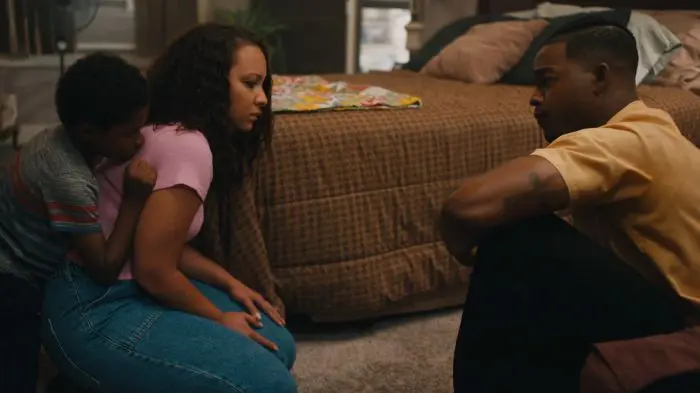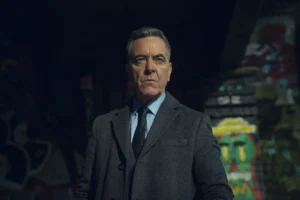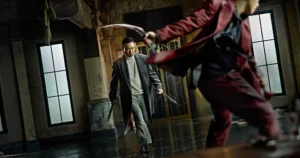Summary
#FreeRayShawn combines its heavy themes and some wicked pacing that may not spark a massive hit for the new entertainment platform, but could give them some legitimacy.
obviously to so
and a Lt. Steven
and snippet, h a different credit director Seith Mann.

#FreeRay is phenomenal deep-seated
episodes
#FreeRayShawn and the




